 |
 |
 |
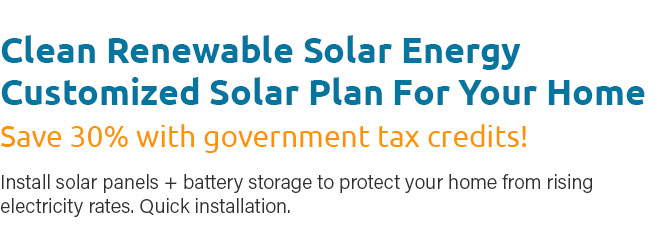 |
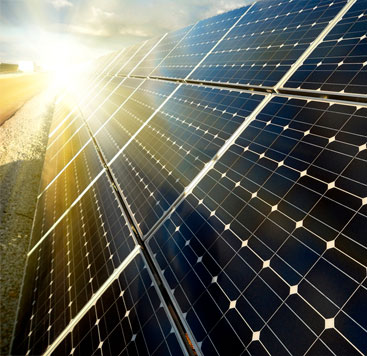 |
 |
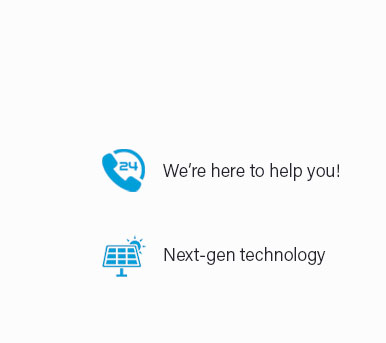 |
 |
 |
 |
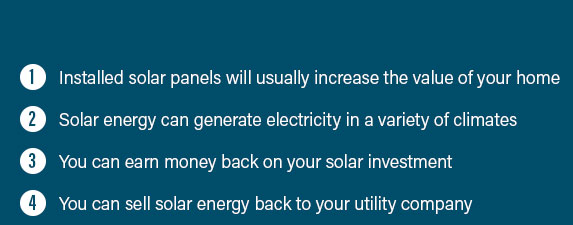 |
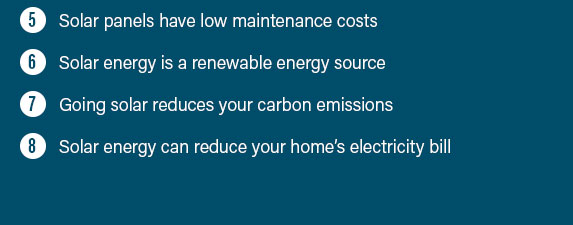 |
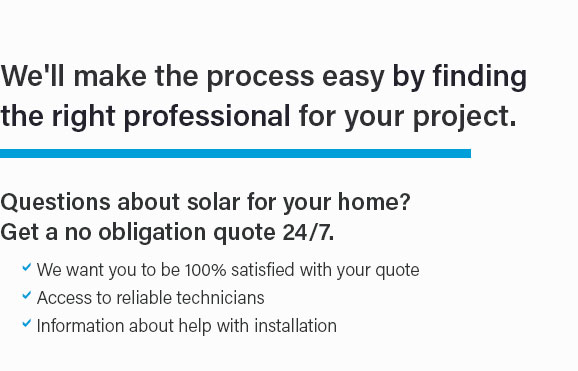 |
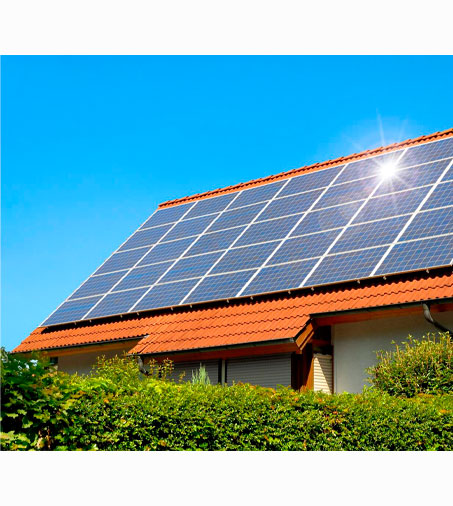 |
|
 |
 |
 |
Installing Solar Power: A Comprehensive GuideAs the world increasingly pivots towards sustainable energy solutions, solar power emerges as a leading contender in reducing carbon footprints and utility bills. Installing solar power is not merely an environmentally responsible choice; it's a financially savvy decision in the long term. If you're considering this transition, there are several crucial steps and considerations to ensure a successful installation. Firstly, it's vital to assess your home's solar potential. Location plays a significant role, as the efficiency of solar panels largely depends on the amount of sunlight your roof receives. Homes in sunnier regions have a natural advantage, but even those in less sunny climates can benefit with proper planning. It's recommended to use tools or apps that evaluate your roof's sun exposure throughout the year. Consulting with a professional can provide insights into the most suitable options for your specific situation. Next, understanding the types of solar panels available is essential. The market offers a variety of panels, including monocrystalline, polycrystalline, and thin-film panels, each with its pros and cons. Monocrystalline panels are known for their high efficiency and sleek design, though they come with a higher price tag. Polycrystalline panels offer a balance between cost and efficiency, making them a popular choice for many homeowners. Thin-film panels, although less efficient, are lightweight and flexible, suitable for certain installations. After selecting the appropriate type of panel, the next step is to explore financing options. Installing solar power can be a substantial upfront investment, but numerous financial incentives and payment plans can alleviate this burden. Government incentives, tax credits, and rebates can significantly reduce initial costs. Additionally, many companies offer leasing options or power purchase agreements (PPAs), allowing you to install solar panels with little to no upfront cost and pay over time. When choosing an installation company, consider experience and reputation. A reputable installer will not only handle the installation itself but also guide you through the permitting process and ensure compliance with local regulations. They should provide a comprehensive quote, detailing all aspects of the installation process, from equipment and labor to potential maintenance costs. It's wise to seek multiple quotes and read reviews or ask for recommendations from friends and family. Once installed, it's crucial to maintain your solar panels to ensure optimal performance. Regular cleaning, especially in areas with heavy pollen, dust, or bird droppings, can prevent efficiency loss. Monitoring systems are available to track your solar energy production and alert you to any issues that might arise, ensuring your system runs smoothly for years to come. Ultimately, installing solar power is a journey towards energy independence and environmental stewardship. While the initial process might seem daunting, the long-term benefits-both financial and ecological-make it a worthy endeavor. As technology continues to advance, solar energy becomes not only more accessible but also more efficient, making now an excellent time to join the growing community of solar-powered homes. https://www.srpnet.com/energy-savings-rebates/home/residential-solar/rooftop-solar
SRP does not sell or install solar or DER system components, but we do have a list of trusted local providers through our Preferred Solar Installer program. If ... https://www.familyhandyman.com/project/off-grid-solar-power-system/?srsltid=AfmBOorLl2LTeAIUUWJS0C4gyVRKGQpqpGzWGrtfxc9niniRWg0qwCAC
A compact off-grid solar array is a fantastic solution for RVs and campers, and can be an easy way to run power to an outbuilding. https://www.investopedia.com/articles/mortgages-real-estate/10/solar-power-home.asp
Homeowners who install solar power systems can receive numerous benefits: reduced electric bills, lower carbon footprints, and potentially higher home values.
|